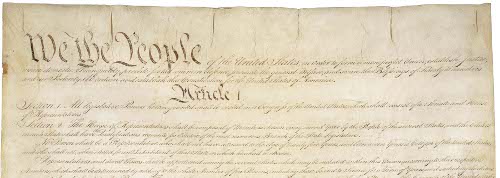In 1980, Morris Davie was accused of setting forest fires and brought to the headquarters of the Royal Canadian Mounted Police to take a lie detector test. He was left alone in a room, where a hidden camera recorded him dropping to his knees and saying, “Oh God, let me get away with it just this once.”
At trial, his lawyer objected to this evidence, arguing that it violated a Canadian law that prohibited the interception of private communications “made under circumstances in which it is reasonable for the originator thereof to expect that it will not be intercepted by any person other than the person intended by the originator thereof to receive it.”
Is God a person? The trial judge thought so — he held the videotape inadmissible and Davie was acquitted. The British Columbia Court of Appeal disagreed, however, deciding that a private communication requires an “intended human recipient.”
“In my opinion,” wrote Justice J.A. Hutcheon, “the word ‘person’ is used in the statutes of Canada to describe someone to whom rights are granted and upon whom obligations are placed. There is no earthly authority which can grant rights or impose duties upon God. I can find no reason to think that the Parliament of Canada has attempted to do so in the enactment of sections of the Criminal Code dealing with the protection of privacy.” He ordered a new trial.



